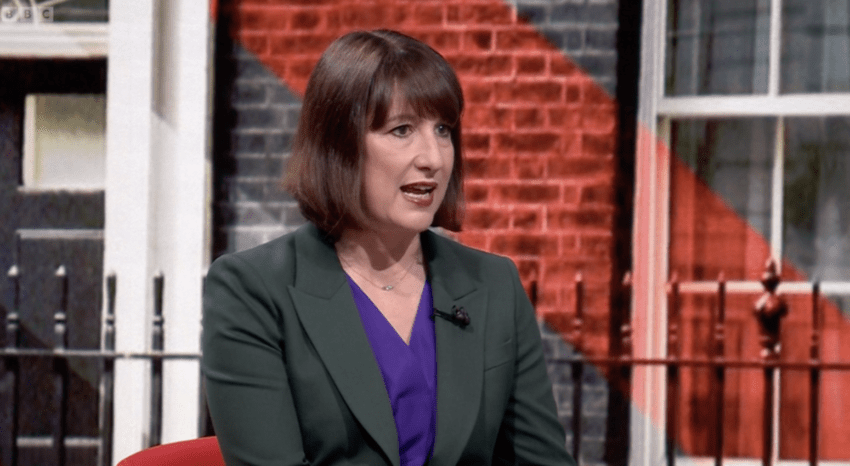Labour has pledged not to increase income tax or National Insurance contributions if it wins the general election, though some spending cuts remain on the table.
Shadow Chancellor Rachel Reeves, speaking to the BBC’s Laura Kuenssberg, expressed her reluctance to implement spending cuts but acknowledged the significant economic challenges ahead, which would necessitate “difficult decisions.”
The Conservatives, having cut National Insurance twice, aim to eliminate it entirely when feasible. Economic Secretary to the Treasury Bim Afolami criticised Reeves’ stance, stating it reflected “the same old Labour Party” lacking a concrete plan to reduce taxes and leaving “hard-working families to foot the bill for their unfunded spending commitments.”
Afolami argued that the choice at the election was between Rishi Sunak’s “clear and bold plan to cut taxes and end the double tax on work” and Labour’s approach, which he claimed would result in higher taxes once funds ran out.
Reeves countered by emphasising Labour’s commitment to lower taxes without presenting “unfunded proposals.” She reiterated that neither she nor Labour leader Keir Starmer would increase income tax or National Insurance. She pointed out Labour’s opposition to the NI hikes introduced by Rishi Sunak as Chancellor.
“Unlike the Conservatives, who have already proposed £64bn of unfunded tax cuts in just three days of this campaign, I will never play fast and loose with the public finances,” Reeves asserted. “I will never put forward unfunded proposals.”
Labour estimates that the government’s ambition to abolish National Insurance contributions for workers would cost £46bn. The Conservatives have responded that this change will only occur by 2030, contingent on sufficient economic growth.
The Tories claim Labour’s spending commitments would create a £38.5bn deficit, equivalent to a “tax rise of £2,094 on every hardworking family,” a figure Labour dismisses.
The Institute of Fiscal Studies (IFS) issued a warning about the fiscal challenges awaiting the next government, predicting that tax rises or public service cuts could be inevitable, regardless of the election outcome.
Reeves assured there would be no return to austerity, highlighting Labour’s fully costed and funded commitments to bolster frontline services, including the NHS, police, and education. Funding would come from ending VAT exemptions for private schools, extending the windfall tax on energy firms, tackling tax avoidance, and closing non-dom exemptions.
However, Reeves indicated that a broader economic strategy is essential. “In the end, we have to grow the economy and turn around this dire economic performance,” she said.
During a campaign visit to Ossett, West Yorkshire, Reeves stated that there were no plans for further tax rises, including VAT and capital gains tax.
While promising increased funds for NHS appointments and teacher recruitment, Reeves suggested that unprotected areas like local council services and justice could face cuts if Labour adheres to its rule against borrowing for day-to-day spending.
Reeves declined to set a timetable for increasing defence spending to 2.5% of national income, preferring a review of current costs, which she claimed had “got out of control under this government.” Rishi Sunak has committed to achieving this defence spending target by 2030.
Labour plans a spending review if it wins the election, introducing a “fiscal lock” requiring a full forecast from the independent Office for Budget Responsibility (OBR) for any significant tax and spending changes. The OBR typically needs 10 weeks to produce such a forecast, potentially delaying immediate spending actions post-election.
Liberal Democrat leader Sir Ed Davey criticised both major parties, stating his party would not raise taxes for ordinary people and accusing the Conservatives of raising taxes to record levels. He asserted that the Lib Dems could “beat the Tories where Labour cannot.”
The SNP accused Labour of misleading voters about its spending plans, with economy spokesperson Drew Hendry claiming Labour had a “devastating plan to slash funding for public services by billions of pounds” and suggesting a “conspiracy of silence” between Labour and the Tories on austerity cuts.


